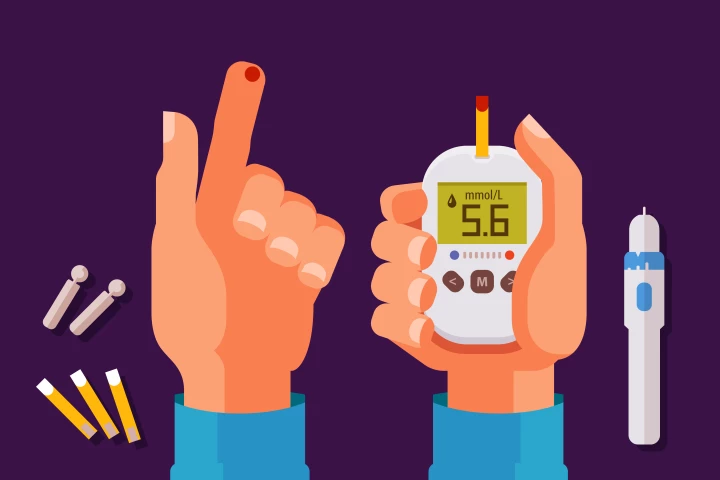University of Oxford
-
Researchers have developed a new risk 'calculator' that identifies people in midlife at risk of developing dementia in the next 14 years. Moreover, it's based on 11 key risk factors, many of them modifiable.
-
A new first-of-its-kind UK study has found that, compared to 20 years ago, women today with early invasive breast cancer and initially treated with surgery are 66% less likely to die within five years of diagnosis.
-
Current methods for repairing nerve injuries can be hit-and-miss. For the first time, researchers have combined two kinds of silk - from silkworms and spiders - to create a promising, biocompatible method of regenerating injured nerves.
-
Scientists investigating new treatments for hand osteoarthritis have made promising new inroads through research on a drug originally developed for acne and psoriasis, with work now underway to ascertain its potential as a new clinical therapy.
-
Two new studies offer some of the strongest evidence to date for a relationship between depression and gut bacteria. The studies do not claim causality but do suggest a strong correlation that could inform novel diagnostic biomarkers for depression.
-
A case study has tracked, for the first time, the movement of antibiotic-resistant bacteria from a patient's gut microbiome to their lungs. The research presents the first direct evidence of this transmission pathway taking place in hospital patients.
-
A study has shed light on the mystery of how high blood glucose leads to type 2 diabetes. The discovery reveals glucose metabolites can damage insulin-producing pancreatic beta cells, and disrupting this process could offer a way to treat the disease.
-
New analysis of a volcanic eruption off the coast of Tonga earlier this year has revealed the true extent of the massive explosion, and established its plume as the highest on record and the first recorded entering the mesosphere.
-
Compelling new research has homed in on a genetic variant that seems to play a significant role in how well people generate an immune response to COVID-19 vaccines and their chances of experiencing a breakthrough infection in the year after vaccination.
-
University of Oxford physicists have linked two atomic clocks through quantum entanglement for the first time. The feat can help make these clocks so precise that they begin to approach the fundamental limit of precision set by quantum mechanics.
-
A meta-analysis encompassing more than 150,000 participants has concluded muscle pain or weakness is not a common side effect from statin drug therapy and should not influence whether a person ceases the treatment.
-
New research has offered the most comprehensive look at the long-term neurological effects of COVID-19 to date, tracking more than one million people and finding increased rates of dementia can be detected up to 24 months after the acute disease.
Load More











